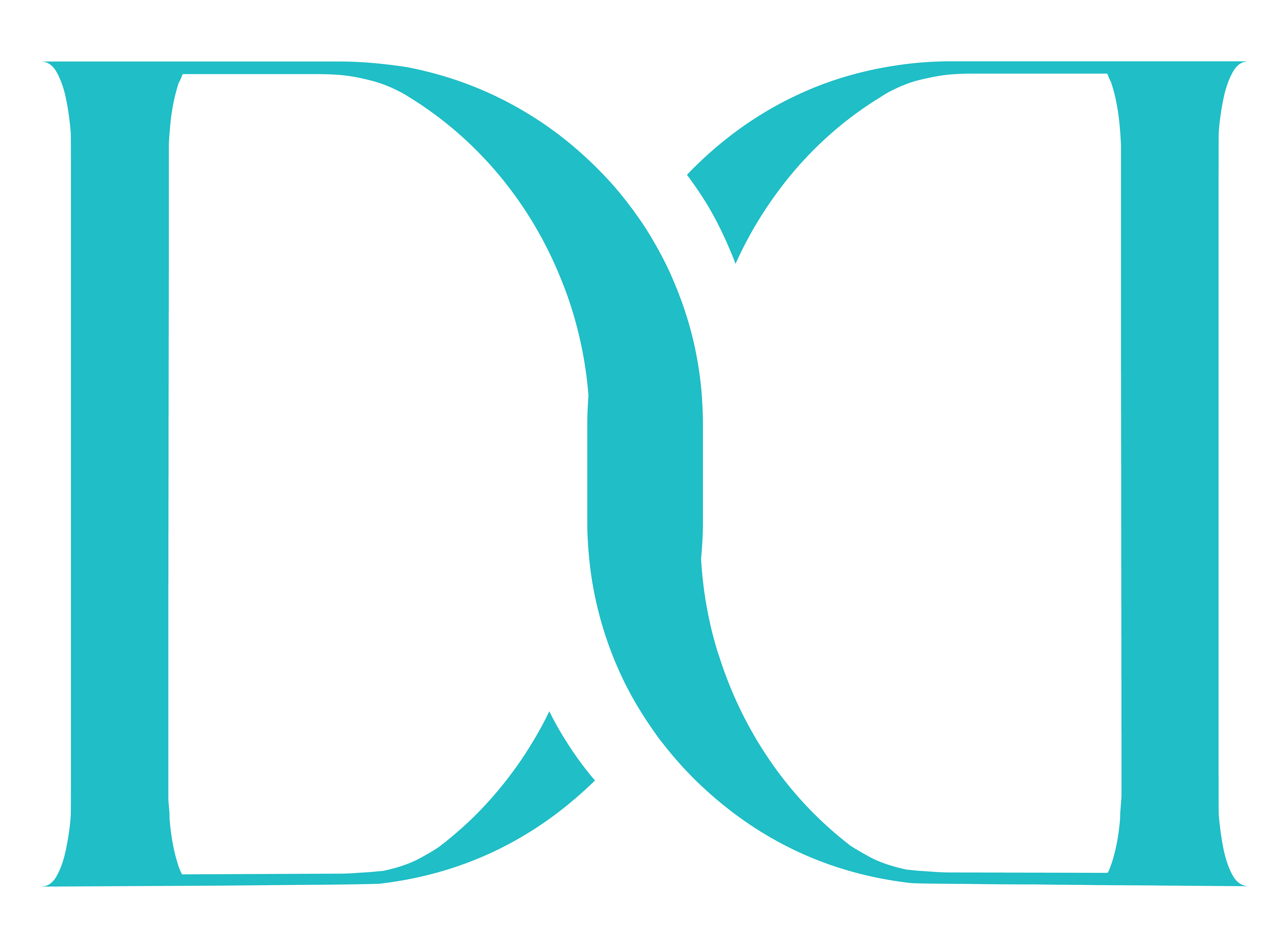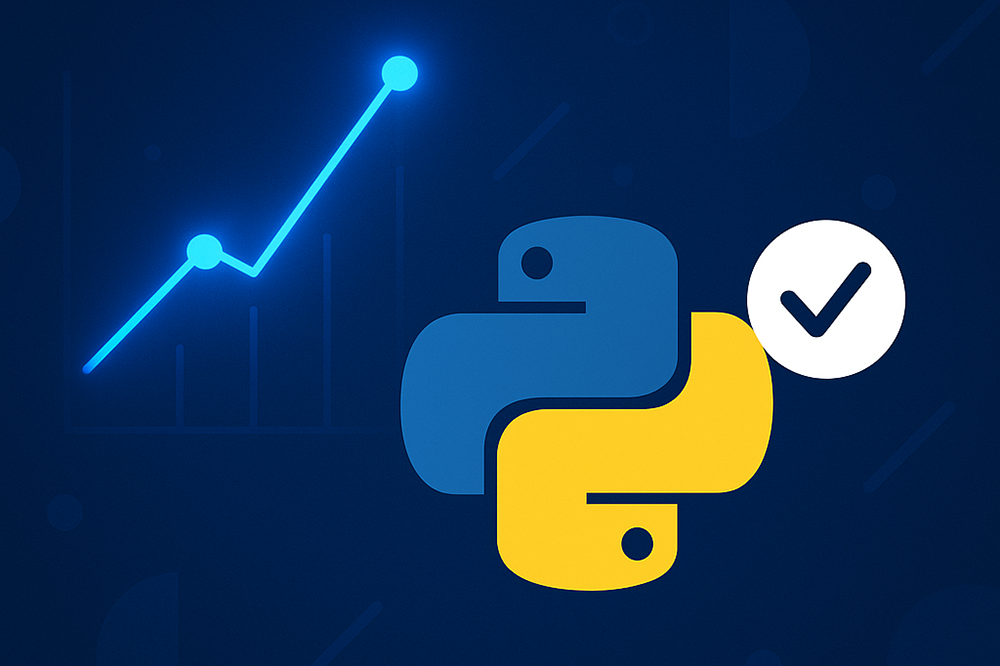In today’s fast-paced creative industry, designers need more than just visual skills — they need smart tools too. That’s why many are turning to coding to automate tasks and push creative boundaries. Among all options, Python stands out as the best programming language for designers. It’s beginner-friendly, powerful, and incredibly versatile. If you’re ready to future-proof your design career, Python is the perfect place to start.
Why Python Is the Best Programming Language for Designers
Python’s simplicity makes it perfect for designers who want to dip into development without a steep learning curve. The syntax is clean, almost like reading plain English, which lowers the barrier for creative professionals with no prior coding experience.
Automate Design Tasks with Python – A Smart Skill for Designers
One of the biggest advantages of learning Python is how effortlessly it can automate tedious, time-consuming design tasks. From batch-renaming image files to exporting hundreds of assets in various formats, Python scripts can save designers hours of repetitive work. With libraries like Pillow, OpenCV, and PyAutoGUI, designers can resize images, apply filters, convert formats, or even control desktop applications like Photoshop — all through code. This automation allows creatives to focus more on ideation and less on manual execution.
What makes Python stand out as the best programming language for designers is its unmatched simplicity paired with powerful capabilities. You don’t need years of coding experience to start automating your workflow. Even beginners can write a script that loops through folders, processes images, or generates variations of a layout template. Python removes the technical barriers and invites visual thinkers into the world of logic and smart tools. And once you start, the possibilities grow endlessly.
In fast-paced agency environments or freelance gigs with demanding clients, speed and consistency are everything. Python helps you meet those challenges by making batch processes a breeze — for example, automatically cropping product photos, converting CMYK to RGB, or generating social media assets in multiple dimensions with one click. Designers who can automate these tasks not only save time but also impress clients with their efficiency.
Choosing Python isn’t just about automation — it’s about creative empowerment. Designers who adopt Python are leveraging the best programming language for designers to expand their skills, stay competitive, and future-proof their careers. Whether you’re automating the basics or building innovative design tools, Python puts more control in your hands and more freedom into your creative process.
Popular Python Libraries for Design Automation:
- Pillow – Image editing (resize, crop, convert)
- OpenCV – Advanced image processing
- PyAutoGUI – Automates mouse/keyboard for tools like Photoshop
Python Projects That Prove It’s the Best Language for Designers
Here are some real-world Python project ideas tailored for designers:
- Batch image converter for multiple formats
- Auto color palette extractor from images
- Instagram story/post auto-export tool
- Logo watermarking script for portfolios
- Creative generative art with math and randomness
How Python Empowers Designers with Creative Coding

image source: freepik.com
Python isn’t just about automation — it opens doors to creative coding. Libraries like Turtle, Processing (Python Mode), and Pygame allow designers to build interactive visuals, animations, and generative art.
Example:
You can write code to generate endless variations of a logo, pattern, or typography-based art using randomness and geometry.
Python for UI/UX Designers, Digital Artists & Creative Professionals
Python can enhance UI/UX workflows, build wireframes, or even create web apps using frameworks like Flask or Django. Designers can also analyze user data visually with Matplotlib or Seaborn, helping them make data-informed design decisions.
Python vs Other Programming Languages for Designers
| Language | Ease of Use | Graphic/Creative Support | Community | Ideal For |
|---|---|---|---|---|
| Python | ⭐⭐⭐⭐⭐ | ⭐⭐⭐⭐ | ⭐⭐⭐⭐⭐ | Automation, creative coding |
| JavaScript | ⭐⭐⭐ | ⭐⭐⭐⭐⭐ | ⭐⭐⭐⭐⭐ | Web animations, UI interactions |
| Java | ⭐⭐ | ⭐⭐ | ⭐⭐⭐⭐ | Android design tools |
| C++ | ⭐ | ⭐⭐⭐ | ⭐⭐⭐⭐ | Game engines, high-performance |
Winner: Python — beginner-friendly, versatile, and creative.
Trending Graph: Python’s Rising Popularity Among Designers
Python Popularity Table (2024–2025)
| Source | Ranking / Position | Popularity % | Trend (YoY Growth) | Notes |
|---|---|---|---|---|
| TIOBE Index (Mar 2025) | #1 | 23.85% | +8.22% | Python remains the most popular language globally. |
| PYPL Index (2025) | #1 | 28.34% | Consistent Growth | Based on Google tutorial searches. |
| GitHub Trends | Top 3 in repositories | N/A | +12% repos/year | Creative coding repos rising rapidly. |
| Stack Overflow Survey | #1 Most Loved Language | N/A | High Retention | Especially among beginners, designers, and data professionals. |
| Google Trends | Steady Global Rise | N/A | Significant Spike | Searches by creative professionals and students growing fast. |
Where Designers Can Learn Python Easily
| Platform | Best For | Link |
|---|---|---|
| Codecademy | Interactive Python Basics | codecademy.com |
| Real Python | Practical Python Projects | realpython.com |
| FreeCodeCamp | Beginner to Advanced Python | freecodecamp.org |
| GitHub | Explore Creative Python Scripts | github.com |
Conclusion
Python is more than just a programming language — it’s a designer’s creative sidekick. As the best programming language for designers, it empowers you to automate, innovate, and explore new realms of creativity. Whether you’re crafting digital art, optimizing workflows, or building smarter designs, Python helps you work smarter, not harder.
So, if you’re ready to future-proof your design career, start learning Python today. It’s your gateway to blending logic with limitless imagination.
Some images in this blog are sourced from Freepik.
“Image by Freepik – www.freepik.com”



